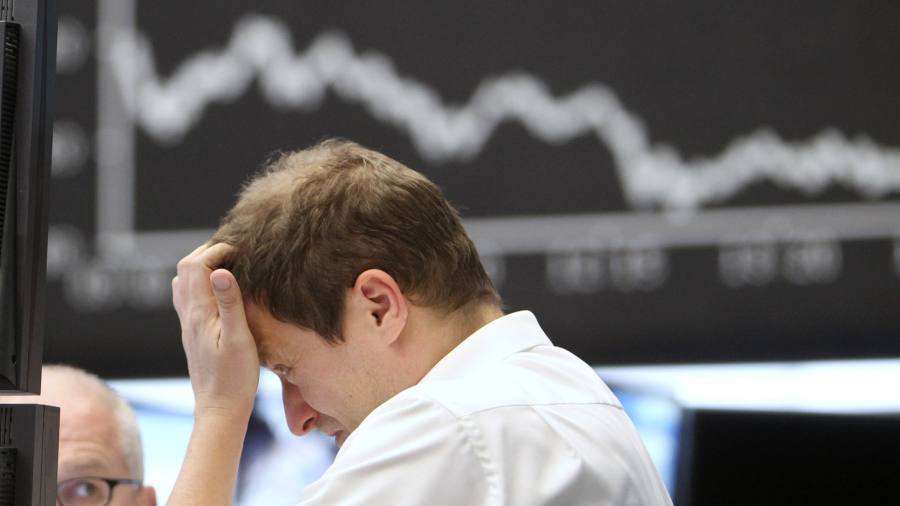
Receive free Equities updates
We’ll send you a myFT Daily Digest email rounding up the latest Equities news every morning.
European authorities on Thursday agreed a deal to create real-time databases of share trading information, three people familiar with the talks said, but the accord has disappointed banks and fund managers hoping to break open exchanges’ grip on the most valuable data.
EU member states and the European parliament signed off plans in Brussels for a “consolidated tape”, which would collect near real-time prices of stock and bond trading information in a single place.
However, the plans have disappointed fund managers who wanted to use legislation to force stock exchanges to hand over their data on live market offers. Supporters argued it would boost transparency across Europe’s capital markets and encourage international asset managers to invest in the region.
The tapes are the centrepiece of EU plans to update its flagship capital markets legislation, Mifid, and create a pan-European capital market, comparable to that of the US.
The other details agreed on Thursday included a ban on payment for order flow across the bloc, which would come into force from 2026. The controversial practice involves retail brokers selling customers’ share trades to intermediaries.
The EU Council said in a statement that the share trading database would include details such as the price, volume and time of deals, providing investors with “up-to-date transaction information for the whole of the EU”.
Policymakers argued a tape could help unify the bloc’s fragmented financial markets, where trading is spread out over more than 50 marketplaces.
But the creation of the share trading database in particular has been controversial, with many banks and fund managers pushing for a database that included all bids and offers in the market. The region’s stock exchanges have sought to limit the data to deals that have already been completed.
Brussels has sought to replicate the US capital markets, which have long operated similar tapes and whose stock markets are more dynamic and twice as valuable as those in the EU.
The deal agreed on Thursday means real-time pre-trade bid offer prices will be shown on the tape, but the stock exchange offering the prices will remain anonymous, people familiar with the talks said.
Susan Yavari, senior regulatory policy adviser at the European Fund and Asset Management Association, said investors would not “know who’s offering [the price] so you can’t act on it . . . This rate is available but if you can’t identify the venue then you can’t do anything.”
“It presupposes that you’re going to have to be connected to every venue, so then what’s the point of the tape?” she added.
“This is maybe the best it can be hoped for in terms of the compromise,” said Anish Puaar, head of European equity market structure at market maker Optiver. “I’m still unsure whether this will provide any real benefit to the market.
“There is some value in knowing what the best price is if you’re executing, but it’s obviously much more meaningful if you can see where that price is,” he added.
The talks were led by Sweden, which ends its presidency of the European Council this week. “I am glad we have found a political agreement on this review that will bring more transparency and make market data more available,” said Elisabeth Svantesson, Swedish minister for finance.
Stock exchanges earn lucrative fees from licensing their market data to customers such as hedge funds, banks and high-frequency traders. These fees would be shared under the EU proposals and the Federation of European Securities Exchanges (Fese), which represents 35 venues across the region, has lobbied against a pre-trade tape.
Fese estimates that European venues earn about €245mn from their data annually and has argued the earnings cover the maintenance of listings and growth markets and other services that rivals and banks do not provide.

